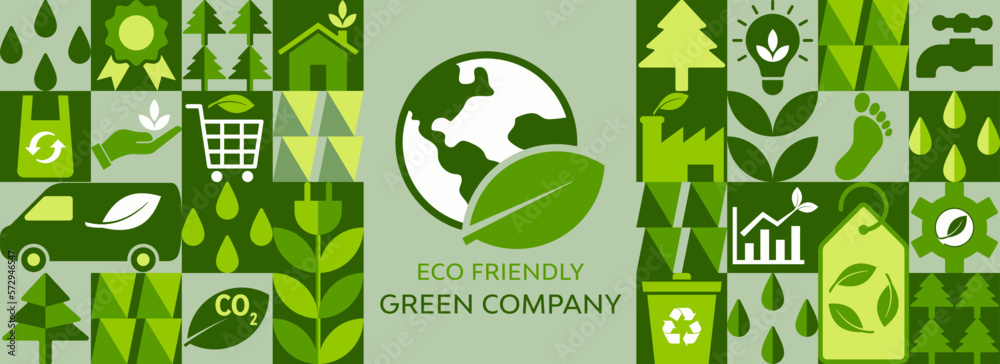
The Fundamentals of Sustainability course will provides a comprehensive introduction to the concept of sustainability, its principles, and its practical applications. It covers a broad range of topics, from environmental science to social justice and economic development.

This course provides a comprehensive understanding of Environmental Impact Assessment (EIA), a systematic process used to predict and evaluate the environmental effects of proposed projects, plans, and programs. The course will equip students with the knowledge and skills necessary to conduct thorough EIAs, identify potential impacts, and develop effective mitigation measures.

This course provides a comprehensive overview of sustainable business practices, exploring strategies to minimize environmental impact, enhance social responsibility, and optimize economic performance. Students will gain the knowledge and skills to implement green initiatives within their organizations, leading to increased efficiency, cost savings, and a positive reputation.

This course provides a comprehensive understanding of Life Cycle Analysis (LCA), a methodology used to assess the environmental impacts of a product or process throughout its entire life cycle, from raw material extraction to end-of-life

This course provides a comprehensive understanding of renewable energy technologies and their integration into existing energy systems. Students will explore the technical, economic, and policy aspects of renewable energy, including solar, wind, hydro, biomass, and geothermal power. The course emphasizes the challenges and opportunities associated with the transition to a sustainable energy future.

This course provides a comprehensive understanding of waste management principles and practices, focusing on sustainable waste reduction, recycling, and disposal methods. Students will learn about the environmental and economic impacts of waste, as well as the regulatory framework governing waste management.

This course provides a comprehensive understanding of carbon accounting, a process used to measure, monitor, and verify greenhouse gas (GHG) emissions. Students will learn how to identify, quantify, and report on carbon emissions associated with various activities and processes. This course will equip students with the skills needed to assess carbon footprints, develop mitigation strategies, and comply with carbon regulations.

This course provides a comprehensive understanding of eco-labeling, a tool used to identify products and services that meet specific environmental criteria. Students will learn about the principles, benefits, and challenges of eco-labeling, as well as the various eco-labels and certification schemes available globally.

